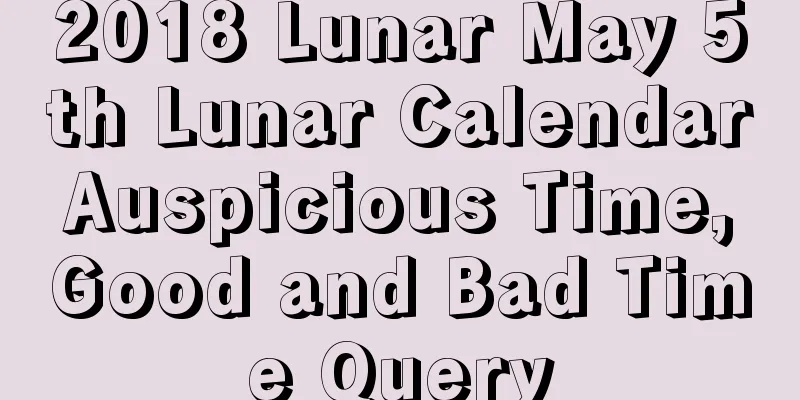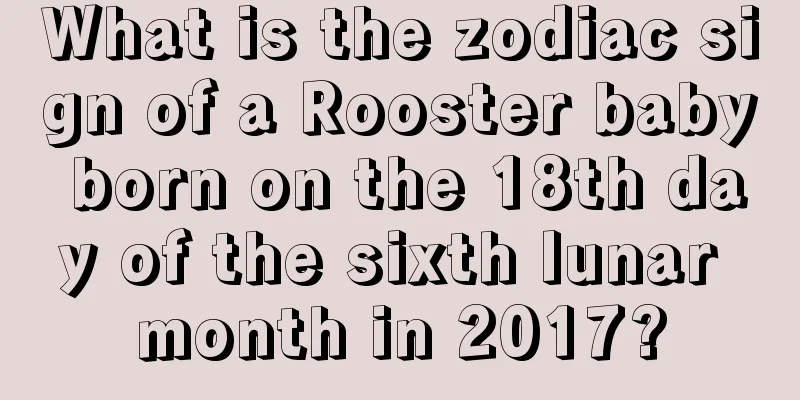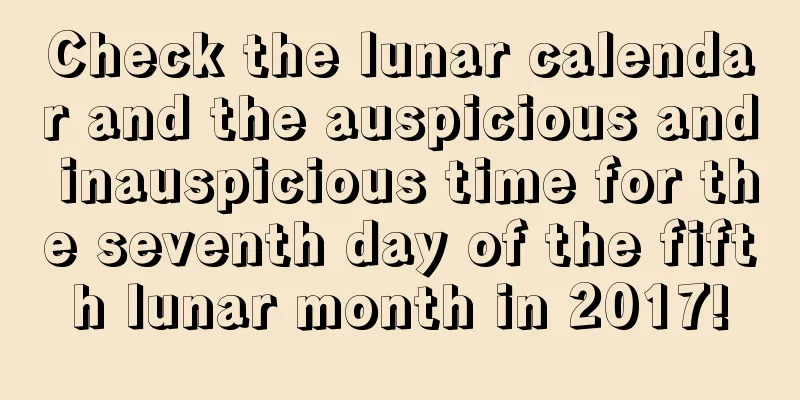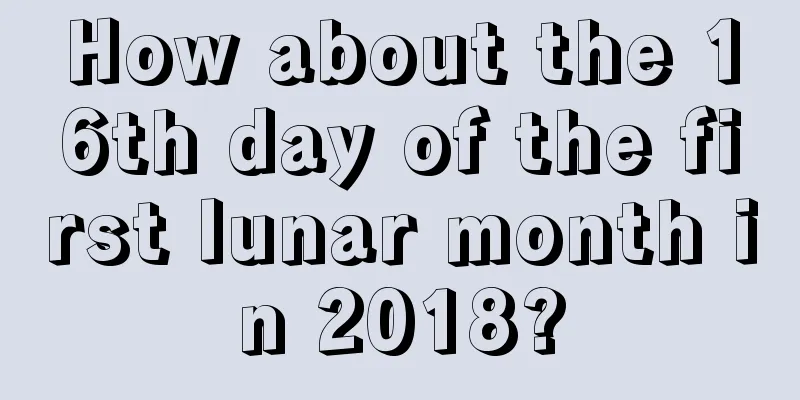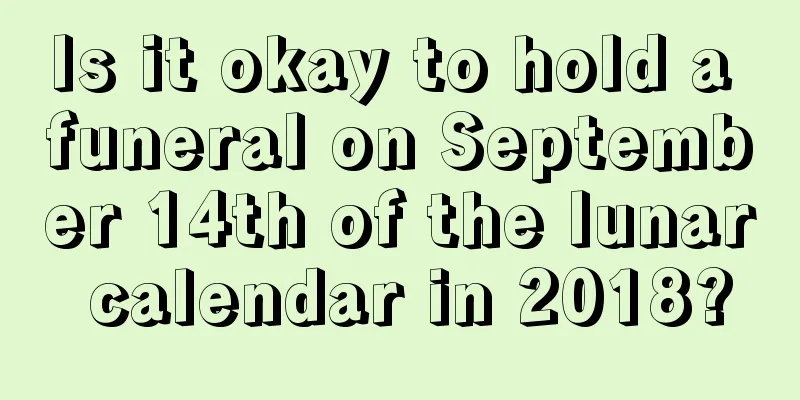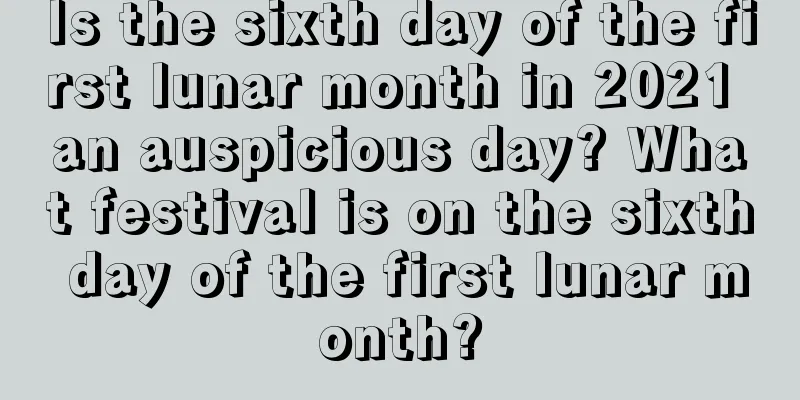What is the Mid-Autumn Festival? How did the ancients celebrate Mid-Autumn Festival?
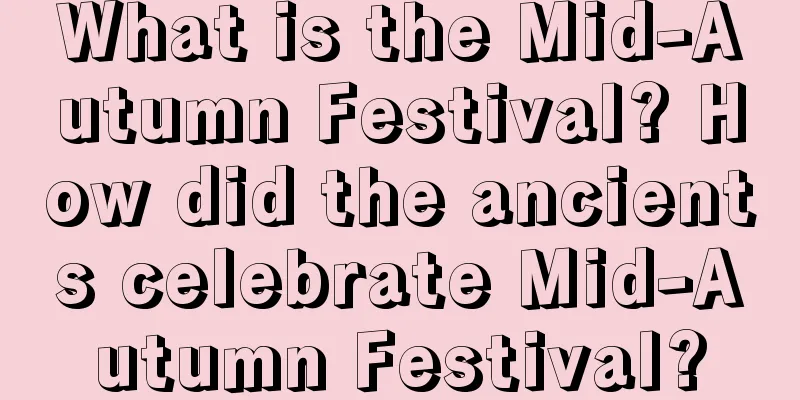
Speaking of Mid-Autumn Festival, I believe everyone is familiar with it, but not everyone knows what festival it is. So, let’s take a look at what festival it is. The eighth month of the lunar calendar has finally arrived. The scorching heat of summer has faded and we are welcoming the calm and breezy autumn. Welcome to Shuimoxiansheng.com to get the exciting fortune content for the eighth month of the lunar calendar in 2021.What is the Mid-Autumn Festival?Mid-Autumn Festival is one of China's four major traditional festivals. China's four major traditional festivals are: Spring Festival, Qingming Festival, Dragon Boat Festival and Mid-Autumn Festival.The Mid-Autumn Festival falls on the 15th day of the eighth lunar month every year and is the second largest traditional festival in my country after the Spring Festival. Legend has it that it was to commemorate Chang'e. The Mid-Autumn Festival originated in ancient times, became popular in the Han Dynasty, took shape in the early Tang Dynasty, and became popular after the Song Dynasty. The Mid-Autumn Festival is a combination of autumn seasonal customs, and most of the festival elements it contains have ancient origins. The Mid-Autumn Festival, with the roundness of the moon symbolizing family reunion, is a way to express longing for hometown and loved ones, and to pray for a good harvest and happiness. It has become a rich and precious cultural heritage. How did the ancients celebrate Mid-Autumn Festival?The ancients worshipped the moon during the Mid-Autumn FestivalWorshiping the moon is one of the ancient customs of Mid-Autumn Festival in our country. The "Book of Rites" records: "The emperor worships the sun in the morning in spring and the moon in the evening in autumn. The morning is for the sun and the evening is for the moon." The evening of the moon here refers to the night when he worships the moon. This custom was not only followed by the court and upper nobility, but also gradually influenced the people as society developed. The ancients had a custom of feasting during the Mid-Autumn Festival In ancient times, the most elegant Mid-Autumn Festival banquets among the Han people were held in the palace. For example, eating crabs was popular in the Ming Dynasty court. After the moon worship, the moon cake was cut into several pieces according to the population of the royal family, and each person took a symbolic bite, which was called "eating reunion cake". The size of mooncakes in the Qing Palace is unimaginable. For example, the mooncake that the last emperor Puyi awarded to Shaoying, the Minister of Internal Affairs, was "about two feet in diameter and weighed about twenty pounds." The ancients admired the moon during the Mid-Autumn Festival The custom of moon-watching originated from the moon-worshipping ceremony, and the solemn worship turned into a relaxing entertainment. The folk activity of appreciating the moon during the Mid-Autumn Festival began around the Wei and Jin Dynasties, but it did not become a custom. The ancients worshipped the moon during the Mid-Autumn Festival After the Ming and Qing Dynasties, due to the relationship between the times, the realistic utilitarian factors in social life became prominent, the secular interest in seasonal festivals became increasingly strong, the lyrical and mythological literati tradition centered on "moon appreciating" weakened, and utilitarian worship, prayers and secular emotions and wishes constituted the main form of the Mid-Autumn Festival customs among ordinary people. |
<<: Why is August 15th the Mid-Autumn Festival? Is August 16th the Mid-Autumn Festival?
>>: What is Mid-Autumn Festival? What does the Mid-Autumn Festival symbolize?
Recommend
What can we do for Christmas 2021? What are the customs and traditions of Christmas?
As December 2021 comes to an end, Christmas arrive...
Is it okay to burn incense and pray on the tenth day of the sixth lunar month in 2019? Is the omen on this day good?
Introduction: Burning incense and praying for bles...
What should not be done on the Double Ninth Festival in 2020? What is the date of the Double Ninth Festival according to the lunar calendar?
Introduction: The days of the Double Ninth Festiva...
What is the fate of those born in the Great Heat of 2022? How to bring good luck in the Great Heat?
After the arrival of the Great Heat, the Yang ener...
What is the fate of a boy born on the day of Frost Descent? Will he become rich and powerful?
Introduction: A lot of life is born during differe...
Interpretation of the origin and legend of the Lantern Festival on the 15th day of the first lunar month
Introduction: The Lantern Festival has a long hist...
Is the lunar calendar date of the winter solstice in 2017 a good day? Is it a good day to pick up the car?
Introduction: China has been a traditional country...
Is it possible to get engaged on December 22, 2021? Is this an auspicious day?
The twelfth month of the lunar calendar is the las...
What are the do's and don'ts on April 18th of the lunar calendar in 2019?
April is the most beautiful month in the world. A...
What are the zodiac signs and rising signs for people born on November 22, 2021 in the lunar calendar?
The birthday sign we talk about most often is the ...
If you want to have a baby in April of the lunar calendar in 2020, which month is the best time to give birth? How do you calculate the expected date of delivery?
If you want to have a baby in April of the lunar c...
How is the 29th day of the sixth lunar month in 2021? Can we sign the contract?
There are certain rules and regulations for signin...
Is the sixth day of the fourth lunar month in 2022 a good day? Is it a suitable day for funerals?
In the fourth month of the lunar calendar, wheat m...
Is it a good idea to move into the new house on June 19th of the lunar calendar in 2019?
Moving day usually refers to the day when the &qu...
What constellation was the third day of the first lunar month in 1997? What are the characteristics of Aquarius girls?
Introduction: The New Year comes in the first mont...
